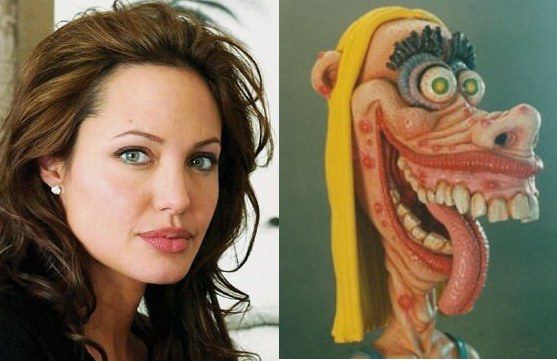Linkage: William Lane Craig on doubts
Check it out. I think this is all excellent advice. His website provides this link to more Craig on youtube. To my fellow academic philosophers: grad school teaches you to be over-specialized, overly technical, and overly cautious. If you want to communicate with a popular audience live or in print, about theology or anything else, you’d do well to imitate Craig. Technorati Tags: William Lane… Read More »Linkage: William Lane Craig on doubts





